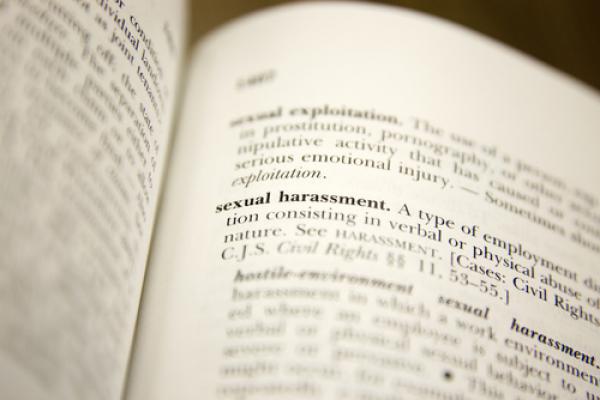Nontheists — both male and female — have shared stories of unwanted sexual attention at nontheist gatherings, including propositions for sex and unwelcome touching. Chatter has ranged from calls for more women to attend nontheist events to personal attacks on prominent female skeptics for discussing harassment. Meanwhile, two more skeptic/feminist bloggers announced they will not attend TAM.
The debate has had two major impacts — a call for cooler tempers and the immediate implementation of sexual harassment policies by all of the major nontheist organizations, both national and regional.
No one is suggesting that all nontheist events are unsafe for women. But the controversy has members of the nontheist community, which prides itself on its embrace of rational thinking, asking whether they have a sexual harassment problem. And if so, what should be done?
Read the Full Article

